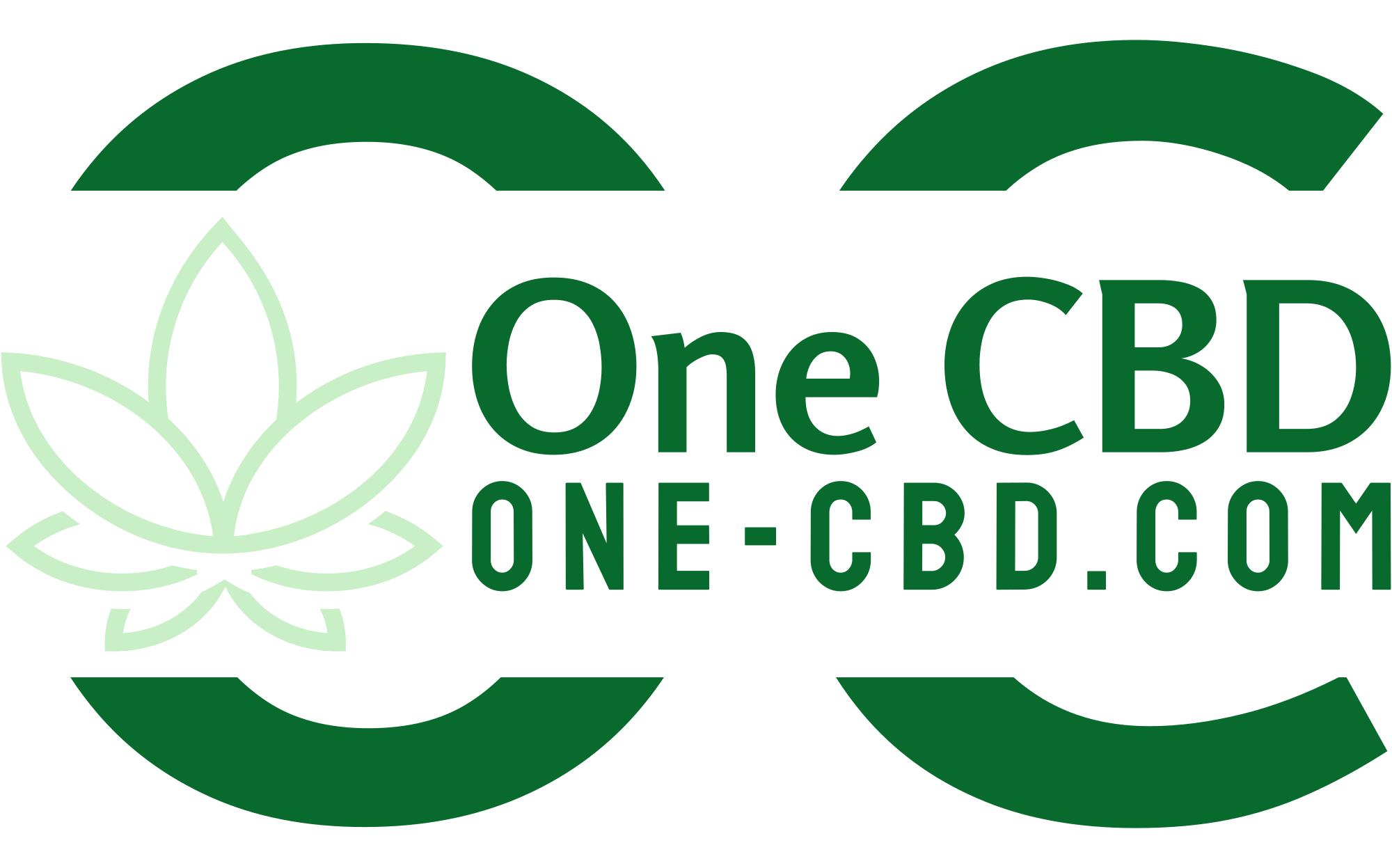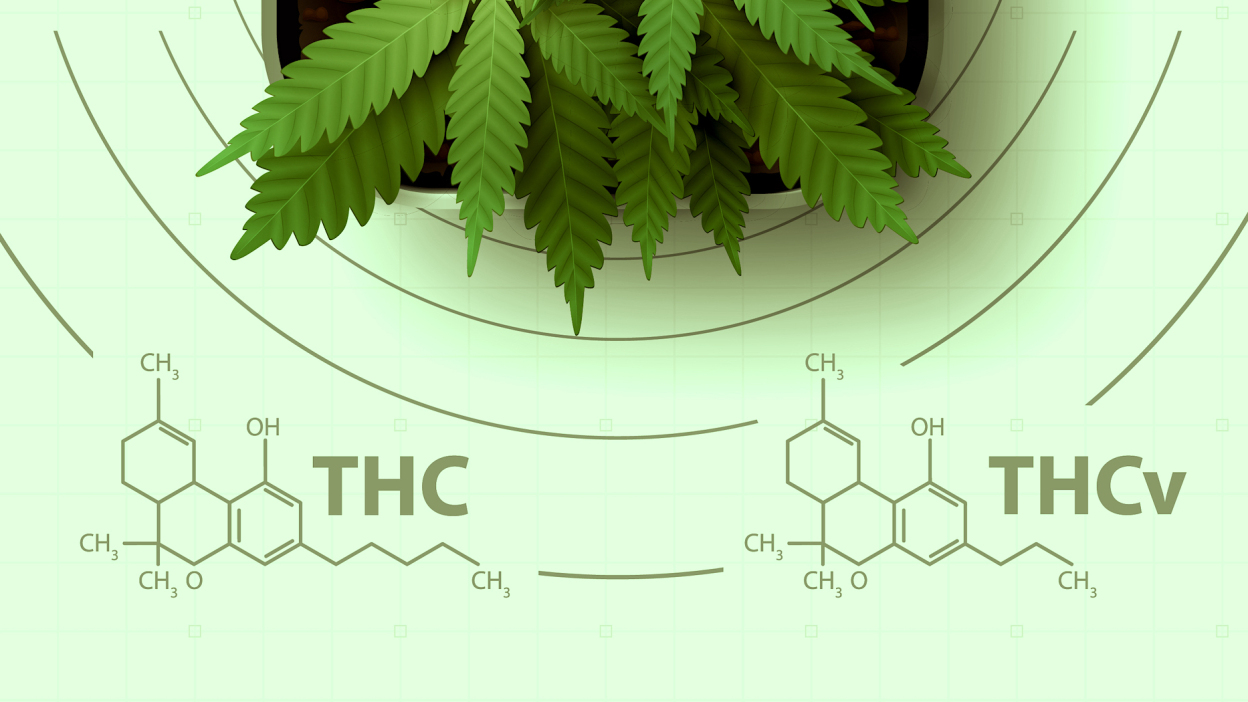Introduction
In the ever-expanding world of cannabinoids and cannabis derivatives, two compounds have been generating significant interest: Delta-10 (Δ-10) and THCV (Tetrahydrocannabivarin). These compounds are part of the larger cannabinoid family, and each has unique properties and potential effects. In this comprehensive guide, we will explore the differences between Delta-10 and THCV, shedding light on their origins, chemical structures, effects, and potential medical applications.
Delta-10 (Δ-10)
Delta-10 is one of the lesser-known cannabinoids in the cannabis plant. It has gained attention recently, but there is still much to learn about this compound.
Origin and Production
Delta-10 is not typically present in large quantities in the natural cannabis plant. Instead, it is often synthesized from other cannabinoids, particularly Delta-9 (Δ-9) THC, which is the primary psychoactive compound in cannabis. The conversion of Delta-9 THC to Delta-10 involves chemical processes and is usually carried out in a lab setting.
Chemical Structure
Delta-10 is structurally similar to Delta-9 THC but with some differences. Both compounds have a double bond, but in Delta-10, this bond is located on the 10th carbon, whereas in Delta-9 THC, it’s on the 9th carbon. This slight alteration in the chemical structure contributes to differences in their properties and effects.
Effects and Potential Benefits
Delta-10 is reported to have some psychoactive effects, but they are generally milder than those of Delta-9 THC. Users often describe the experience as a clear-headed and uplifting high, with reduced anxiety and paranoia compared to Delta-9 THC. Due to its recent emergence, there is limited scientific research on its effects and potential medical applications.
Legal Status
The legality of Delta-10 varies from place to place. It may be considered a controlled substance in some regions, similar to Delta-9 THC. It’s crucial to be aware of local laws and regulations regarding Delta-10 before obtaining or using it.
THCV (Tetrahydrocannabivarin)
THCV is another intriguing cannabinoid found in cannabis plants. It is distinct from both Delta-9 THC and Delta-10 in terms of its effects and potential applications.
Origin and Production
THCV is a naturally occurring compound in certain cannabis strains. It’s worth noting that not all cannabis varieties produce significant amounts of THCV, so its prevalence depends on the strain. It can also be synthesized in a lab setting.
Chemical Structure
THCV, while still a cannabinoid, has a different chemical structure compared to both Delta-9 THC and Delta-10. THCV has a propyl (3-carbon) side chain, while Delta-9 THC and Delta-10 have a pentyl (5-carbon) side chain. This structural difference is believed to contribute to the distinct effects of THCV.
Effects and Potential Benefits
THCV is known for its potential appetite-suppressing effects. Unlike Delta-9 THC, which often causes the “munchies,” THCV may reduce appetite. This property has led to interest in THCV’s potential for weight management and as a treatment for obesity-related conditions. Furthermore, THCV is believed to have a more clear-headed, energetic, and focused high compared to Delta-9 THC.
Legal Status
The legal status of THCV follows the general regulations for cannabis and its derivatives in a particular region. As with other cannabinoids, it’s essential to be aware of local laws and guidelines regarding THCV.
Key Differences
Now that we have explored the individual characteristics of Delta-10 and THCV, let’s summarize the key differences between the two:
- Origin: Delta-10 is often synthesized from Delta-9 THC in a lab, while THCV is naturally occurring in certain cannabis strains.
- Chemical Structure: Delta-10 shares a similar structure with Delta-9 THC, but with a slight variation, whereas THCV has a unique structure with a propyl side chain.
- Effects: Delta-10 has mild psychoactive effects, described as a clear-headed and uplifting high. THCV, on the other hand, is associated with appetite-suppressing effects and a more focused, energetic high.
- Potential Applications: Delta-10 is a relatively new compound, and research on its effects and potential applications is limited. THCV, in contrast, has generated interest for weight management and obesity-related conditions.
- Legal Status: The legal status of both Delta-10 and THCV depends on local regulations, which can vary widely.
Conclusion
In the ever-evolving world of cannabinoids, Delta-10 and THCV represent two distinct and unique compounds, each with its own set of characteristics, effects, and potential applications. Delta-10, often synthesized in a lab, offers a milder alternative to Delta-9 THC with an uplifting high. In contrast, THCV, naturally occurring in select cannabis strains, is known for its appetite-suppressing effects and potential for weight management. As research into these cannabinoids continues, it is crucial for consumers to stay informed about their legal status and the latest scientific findings to make well-informed choices regarding their use.

